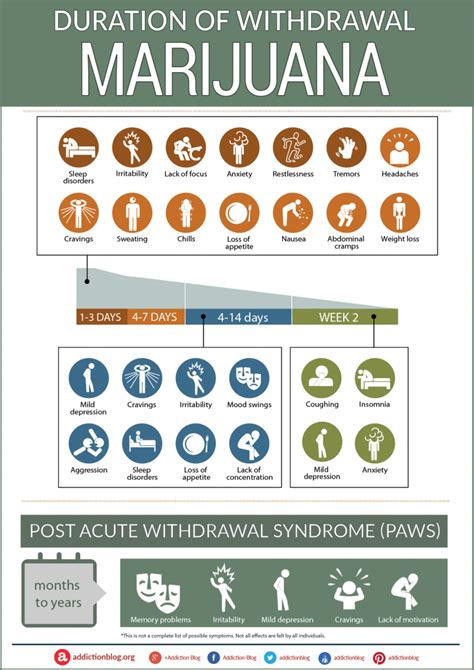With opioid addiction becoming an increasingly alarming issue, there has been a surge in research to find effective treatments. Among these, medical marijuana has been a controversial yet promising candidate. A recent study examined the benefits of using medical marijuana to treat opioid addiction, suggesting a potential reduction in opioid prescriptions. However, could this alternative treatment pose its own risks of dependency?
A study points out the positive correlation between access to medical marijuana and a decrease in opioid prescriptions. This reduction is not negligible; Medicaid prescription data from 2011 to 2016 revealed a 5.88% lower rate of opioid prescribing in states with medical marijuana laws and a 6.38% reduction with the introduction of adult-use marijuana laws. Yet, alongside these promising figures, there is a shadow of doubt concerning the long-term implications of substituting one substance for another.
Critics often highlight the potential for medical marijuana to lead to its own set of withdrawal symptoms, such as aggression, anger, irritability, and insomnia, to name a few. This introduces a complex dilemma: while aiming to combat opioid addiction, are we inadvertently opening the door to another form of substance reliance?
Meanwhile, the urgency of addressing the opioid crisis cannot be overstated. Fentanyl overdoses are currently the leading cause of death for Americans between the ages of 18 and 45, with more than 71,000 overdose deaths in 2021 linked to synthetic opioids. In the face of such staggering statistics, can medical marijuana serve as a viable solution, or will skepticism and fear of additional societal issues, such as increased crime and drug use, hinder its acceptance?
This debate extends beyond medical discourse and into the political arena, where settlements and funding allocations are being fiercely contested. States are receiving substantial sums to address the crisis, and how this money is utilized is a matter of public interest and policy.
Moreover, medical breakthroughs like the second pig heart transplant, despite its unfortunate outcome, demonstrate the lengths to which medical science is willing to go to save lives. This relentless pursuit of solutions is mirrored in the realm of addiction treatment, where every potential avenue, including medical marijuana, deserves careful consideration.
Given the complexities and potential consequences, the question remains: Is medical marijuana the breakthrough we need to address opioid addiction, or are we cautious for a reason?
